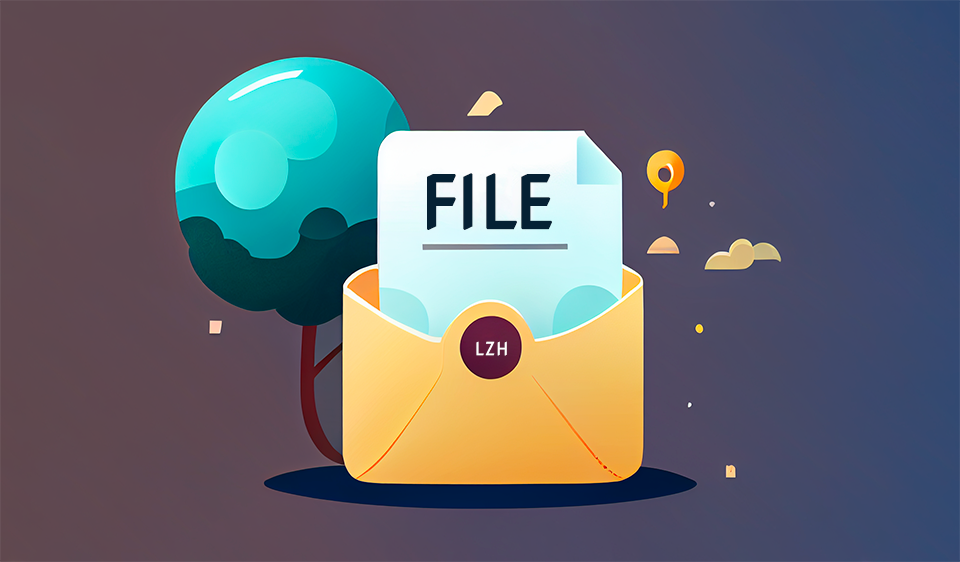What is LZH?
LZH (short for “Lempel-Ziv-Huffman”) is a file format used for storing and compressing data. LZH is a lossless compression format, meaning that it can compress data without losing any information. LZH files are typically identified by the .lzh file extension.
How does LZH work?
LZH uses a compression algorithm based on the Lempel-Ziv-Huffman (LZH) algorithm to compress data. The LZH algorithm works by replacing repeated patterns of data with shorter representations, which reduces the size of the data and allows it to be stored more efficiently. When a file is compressed using LZH, the original data is preserved and can be restored to its original form when the file is decompressed.
Advantages of LZH
There are several advantages to using LZH for storing and compressing data:
- LZH is a lossless compression format, meaning that it can compress data without losing any information.
- LZH is highly efficient and can achieve good compression ratios for a variety of types of data.
- LZH is widely supported and is compatible with many software programs and operating systems.
- LZH is flexible and can be customized to suit the needs of a particular application.
Uses of LZH
LZH is commonly used for compressing and storing data, such as documents, images, and audio files. It is also frequently used to create compressed archives of multiple files and directories, which can be useful for storing and distributing large amounts of data.
